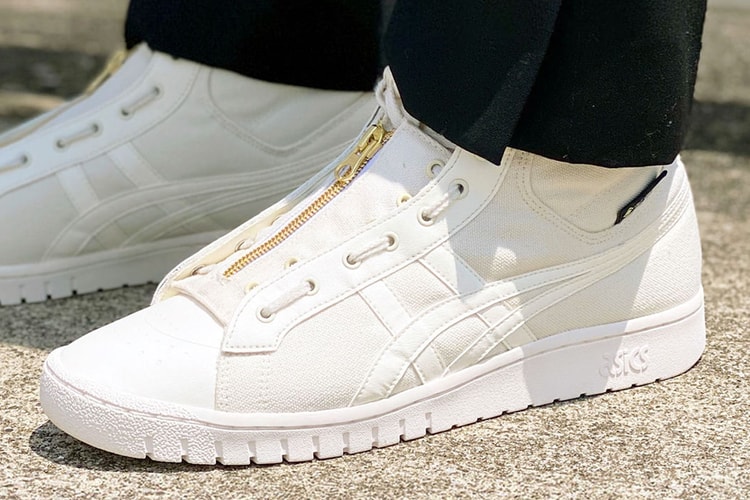Ava DuVernay Announces "Law Enforcement Accountability Project" Initiative
Created to push a “narrative change around police abuse, misconduct and murder of black people.”
When They See Us director Ava DuVernay and her media company Array has announced a new initiative to combat police brutality called the Law Enforcement Accountability Project (LEAP).
Unveiled during her virtual appearance on Ellen, DuVernay shared that LEAP is a fund that will shine a light on stories of police violence and abuse that are usually unaccounted for. These tales will come to life in the form of film, literature, theater, dance, fine art and music. The initiative will continue for two years and is expected to release at least 25 projects. “We’re asking for narrative change and we’re creating narrative change around police abuse, misconduct and murder of black people. We’re changing the lens of the story,” she said in the interview.
“I’ve been thinking a lot about my own rage. My own emotions,” DuVernay told Ellen. “When I look at George Floyd‘s tape, I see my uncles. Not just in a general sense, but he looks like people in my family, like literally the facial features. Every time that that video plays on CNN or anything else, I see people that I love on the ground begging for their life.”
She continued, “There’s a sense of those images, what we’re asking of each other and the storytelling around these instances, the stories that we’re telling each other, that’s what I’ve been really interested in interrogating. We need to change what those stories are and change the way that we tell them.”
DuVernay also spoke to THR about LEAP, adding, “LEAP is specifically looking at storytelling through the lens of police accountability. There is a lack of accountability happening at police departments, police unions and in the courts, a lack of laws on the books that really protect citizens from officers who have a certain number of grievances. The idea is that if the courts won’t do it if the police unions won’t do it if the departments won’t do it, then people can do it.”
“It bothers me that I can rattle off the names of 30, 40 victims of police abuse and killing, but I can’t say who did it,” she said. We have this kind of social contract, where we don’t speak the names of these people. And we kind of agree that they won’t be prosecuted, and we won’t say their names. I think it’s a big national blind spot. And it is a storytelling issue.”
Elsewhere in entertainment, watch the first trailer for Bill & Ted: Face the Music now.


























